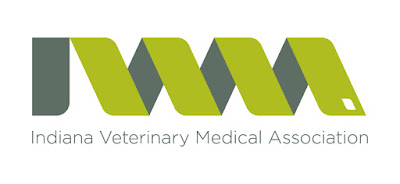Avian Influenza
With over 50 million poultry dead, news about Avian
Influenza is splattered across the headlines. We understand it can be alarming
to hear the reports, so in an attempt to clear up concerns and questions-here
is what you need to know.
- Put your mind at ease, the CDC reports that there is little risk of the virus spreading to humans. In fact, there are no cases to date of any person carrying this strain of the Highly Pathogenic Avian Influenza Virus, known as H5N2.
- Poultry and eggs are still safe to eat. So, go ahead, get cooking! Need ideas for tonight’s dinner-here is are the twenty best chicken recipes on Pinterest.
- Here in Indiana we have only one confirmed case and this was over a month ago. Our Indiana Board of Animal Health, as well as veterinarians, have been working around the clock to ensure Indiana’s poultry industry remains safe.
While that is all great news, that is not to downplay the
serious risk the virus poses on one of Indiana’s largest agricultural industries.
For this reason, the BOAH has placed a ban on all bird movement until the end
of 2015. This means that birds from more than one location cannot come together
and comingle in another location.What does this mean for you? Well, unfortunately our
feathered friends will not be seen at the state and county fairs. Expect to see
informational posters in their absence. Eggs will be able to be shown however.
The other unfortunate news is that turkey, chicken, and egg prices are likely
to increase in the future. If giving up scrambled eggs and fried chicken
ruffles your feathers, consider helping out with the cause.
Surveillance is the number one way to defeat this virus, so
known the signs. If you see any of the following symptoms in a flock of birds
call the USDA’s Healthy Birds Hotline at 1-866-536-7593.
- Sudden death
- Lethargy and decreased appetite
- Decreased egg production
- Soft shells
- Swelling of the wattle, head, and comb
- Purple discoloration of the wattles, combs, and legs
- Nasal discharge
- Coughing and sneezing
- Diarrhea
- Incoordination
If you find dead poultry, call 1-866-536-7593. You can call the Indiana Department of
Natural Resources if you find 5 or more dead wild birds in the same area. Their
number is 1-812-334-1137.
If you would like additional information about the avian
influenza and its affects, check out the following resources:
- http://www.inpoultry.org
- http://princetonvet.net/how-veterinarians-are-managing-the-avian-flu-outbreak/
- http://healthybirds.aphis.usda.gov/
Thanks to the hard work and vigilance of not only the
Indiana Board of Animal Health, but of all of us, we will keep our animal and
human populations safe.

